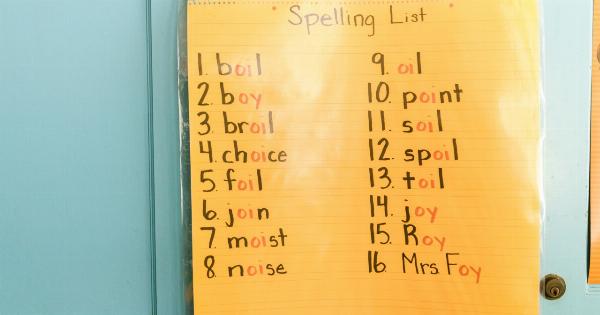As a parent, it’s painful to see your child go through disappointment.
Whether it’s not getting picked for a sports team, not making the cut for a school play, or any other rejection, it can be tough to watch your child deal with the feeling of not being chosen. In these moments, it’s important for parents to provide support, guidance, and encouragement to their children as they navigate through these disappointments and learn valuable life lessons.
Understanding and Validating Their Feelings
When your child comes to you and shares the heartbreaking news of not being selected for a team, it’s important to validate their feelings and let them know that it’s okay to feel disappointed.
Assure them that it’s normal to feel upset, frustrated, or even angry. Give them the space to express their emotions and listen empathetically to what they have to say.
Reassure them that their feelings are valid and that it’s alright to experience a range of emotions.
Remind them that setbacks and rejections are a part of life, even for the most successful individuals, and that it doesn’t define their worth or abilities.
Teaching Resilience and Perseverance
One of the most valuable lessons children can learn from not being picked for a team is resilience. It’s an opportunity for growth and development, teaching them to bounce back from disappointments and setbacks.
Encourage your child to turn this disappointment into motivation to work harder and improve their skills.
Remind them that successful individuals have faced similar challenges and setbacks, and it is their determination and perseverance that ultimately led them to success.
Share stories of famous athletes, writers, musicians, or any other role models who faced rejection but continued to push forward until they achieved their goals.
Exploring Other Opportunities and Interests
While it’s important to teach resilience, it’s also essential to explore other opportunities and interests your child may have. Not being selected for one team doesn’t mean the end of their athletic journey.
Encourage them to try different sports or activities that align with their interests and passions.
Introduce them to various options and let them explore what resonates with them. By diversifying their experiences, they may discover new talents, skills, and passions they were previously unaware of.
It’s crucial for children to understand that being on a particular team doesn’t define their worth or limit their potential.
Helping Them Reflect and Learn
Ask your child to reflect on the experience and what they can learn from it. Encourage them to think about any areas they can improve upon, whether it’s their skills, teamwork, or their mindset.
Help them identify constructive feedback they received and how they can use it to grow.
Guide them in setting goals for themselves and creating actionable plans to work towards those goals. Teach them the importance of self-reflection and how it contributes to personal growth.
Make it clear that setbacks are opportunities for learning and improvement rather than permanent roadblocks.
Building Their Self-Esteem
Not being chosen for a team can significantly impact a child’s self-esteem. It’s crucial to help them develop a positive self-image and recognize their self-worth beyond just their achievements.
Encourage them to focus on their strengths and qualities that make them unique.
Remind them of other accomplishments they have achieved, both in sports and in other areas of their lives. Highlight their resilience, their ability to overcome challenges, and their commitment to growth.
Let them know that their value as an individual goes far beyond any team selection or rejection.
Celebrating Effort and Growth
Shift the focus from solely outcomes to the effort and growth your child has demonstrated. Emphasize the importance of hard work, dedication, and improvement.
Acknowledge their progress and celebrate their achievements, regardless of whether they made a specific team or not.
Show them that their dedication and commitment are valuable qualities that will serve them well in all aspects of life.
Encourage them to set their own goals and measure their success based on their personal growth and development, rather than external validation.
Supporting Them in Moving Forward
Lastly, provide ongoing support as your child moves forward from this disappointment. Be there to listen, encourage, and remind them of their resilience.
Offer to help them explore new opportunities, find alternative options, or practice and improve their skills.
Continue being their biggest cheerleader, emphasizing the importance of enjoying the journey and embracing new challenges.
Help them see that this setback is just a small piece of their story and that they have a bright future ahead, filled with numerous opportunities to shine.
Conclusion
When your child comes to you and shares the news of not being picked for a team, remember that your role as a parent is to support and guide them through the disappointment.
Validate their feelings, teach resilience, encourage the exploration of other interests, foster self-reflection, build their self-esteem, celebrate effort and growth, and provide ongoing support. Remember that setbacks and rejections are opportunities for growth and learning. Your child’s journey is filled with endless possibilities, and it is through these experiences that they will develop valuable life skills and resilience.





























